Article 222. National Anti-Corruption Authority (ANAC).
1. The supervision and control of public contracts are attributed, within the limits established by the code, to the National Anti-Corruption Authority (ANAC), which also acts to prevent and combat illegality and corruption. 2. The ANAC, through standard tenders, standard specifications, standard contracts and other general administrative documents, it guarantees the promotion of the efficiency and quality of the activities of the contracting authorities, to which it also provides support by facilitating the exchange of information and the homogeneity of administrative procedures and promotes the development of best practices. Transmits to the Chambers, immediately after their adoption, the acts referred to in the first period considered most relevant in terms of impact, number of operators potentially involved, traceability to criminal cases, anomalous situations or in any case symptomatic of illicit conduct on the part of the contracting authorities . The decisions and acts taken by the ANAC remain contestable before the competent administrative justice bodies. For the adoption of standard tenders, standard specifications, standard contracts and general administrative documents, the ANAC equips itself, in the ways provided for by its own regulations, with forms and methods of consultation, analysis and verification of the impact of the regulation, of adequate publicity, including in the Official Gazette of the Italian Republic, so that the quality of the regulation and the prohibition on introducing or maintaining levels of regulation higher than the minimum levels required by the European directives and the code are respected . The standard tender notices, standard specifications and standard contracts are also published on the ANAC institutional website and can be downloaded from it in such a way as to guarantee their authenticity. 3. Within the scope of the powers attributed to it, the 'ANAC: a) supervises public contracts, including those of regional interest, for works, services and supplies in ordinary sectors and special sectors and on contracts which are classified or which require particular security measures, as well as on contracts excluded from the scope of application of the code; within the scope of supervisory activity in the sectors referred to in letters b), f), l), m) and in all other cases provided for by the code, it may be imposed for ascertained violations, in compliance with the principles set out in law 24 November 1981, n. 689 and according to its regulations, administrative pecuniary sanctions within the minimum limit of 500 euros and the maximum limit of 5,000 euros. Subjection to financial sanctions and any repeat offenses are assessed for the purposes of qualifying contracting authorities pursuant to article 63; b) supervises the correct execution of public contracts; c) reports to the Government and Parliament, with a specific act , particularly serious phenomena of non-compliance or distorted application of sector regulations; d) formulates proposals to the Government regarding necessary changes in relation to current sector regulations; e) prepares and sends the annual report on the the activity carried out, foreseen by article 1, paragraph 2, of law 6 November 2012, n. 190, highlighting the dysfunctions found in the exercise of their functions; f) supervises the qualification system of the executors of public works contracts and exercises the related sanctioning powers; g) supervises the prohibition on the awarding of contracts through procedures other than the ordinary ones and carries out a check on the correct application of the specific derogating regulations foreseen for cases of extreme urgency and civil protection referred to in article 140; h) for assignments of particular interest, carries out collaborative supervision activities implemented following the stipulation of memoranda of understanding with the requesting contracting authorities, aimed at supporting them in the preparation of the documents, in the management of the entire tender procedure and in the contract execution phase; the persistent failure to comply with the indications of the ANAC by the contracting authorities signing the memoranda of understanding, if not adequately motivated, is assessed for the purposes of qualifying the same contracting authorities pursuant to article 63; i) to promote the cost-effectiveness of public contracts and the transparency of purchasing conditions, develops with specific guidance documents, without prejudice to sector regulations, standard costs of works and reference prices of goods and services, among those of greater impact in terms of costs borne by the public administration; for this purpose, on the basis of specific agreements, makes use of the support of ISTAT and other bodies of the National Statistical System, according to the conditions of greater efficiency, and possibly also of the information contained in the databases existing in other public administrations and other subjects operating in the public contracts sector; l) exercises the functions referred to in Article 63 in relation to the qualification of contracting authorities; m) exercises the functions referred to in Article 23 and contributes to the coordination of the digitalisation of the public contracts system by the Control Room. 4. ANAC manages the qualification system of contracting stations and central purchasing bodies. 5. As part of carrying out its activities, ANAC can order inspections, even upon justified request of anyone who is interested, possibly making use of the collaboration of other State bodies as well as the aid of the Financial Police, which carries out the checks and investigations requested by acting with the investigative powers attributed to it for the purposes of investigations relating to the value added tax and income taxes. 6. If it ascertains the existence of irregularities, the ANAC transmits the documents and its findings to the control bodies and, if the irregularities have criminal relevance, to the competent Public Prosecutor's Office. If it is ascertained that the execution of public contracts causes harm to the public treasury, the documents and findings are also transmitted to the interested parties and to the General Prosecutor's Office of the Court of Auditors. 7. ANAC collaborates with the Competition and market for the detection of corporate behavior worthy of evaluation for the purpose of attributing the legality rating of companies referred to in article 5-ter of the legislative decree of 24 January 2012, n. 1, converted, with amendments, by law 24 March 2012, n. 27. The legality rating also contributes to determining the reputation of the company referred to in article 109. 8. For the purposes referred to in paragraph 2, ANAC uses the national database of public contracts referred to in the article 23. 9. In order to allow the fulfillment of the transmission obligations provided for by articles 23, paragraph 5, and 28, paragraph 1, the contracting authority or the granting body sends the data without delay, according to the indications provided by the ANAC with its own provision. Failure to fulfill the obligation is sanctioned pursuant to paragraph 13. For a transitional period of one year, starting from the date on which the code becomes effective, the RUP is not subject to the sanctions that can be imposed for the violation of the information obligations established with respect to of the National Bank of Public Contracts in the event that, within sixty days of communication to the administration to which it belongs, it fulfills all the information obligations with simultaneous self-certification, pursuant to articles 46 and 47 of the consolidated text of the legislative and regulatory provisions on the matter of administrative documentation, pursuant to the decree of the President of the Republic of 28 December 2000, n. 445, relating to the fulfillment of the same. 10. The electronic register of public contracts for works, services and supplies is established in the national database of public contracts. In the register, according to the methods identified by the ANAC, with its own provision, the news, information and data relating to the economic operators with reference to the registrations provided for by article 94 are noted. The ANAC, in the same provision, identifies the further information to be registered in the register, including those relevant for the attribution of the company's reputation referred to in article 109, or for obtaining the qualification certificate referred to in article 103, as well as the duration of the registrations and the method of archiving of the same. In the register, the ANAC directly enters the disqualification measures adopted pursuant to article 94, paragraph 5, letters e) and f). 11. The Arbitration Chamber operates within the ANAC for public contracts relating to works, services, supplies of referred to in article 214. 12. The provisions of article 1, paragraph 67, of law 23 December 2005, n. 266. 13. In compliance with the principles set out in law 24 November 1981, n. 689, the ANAC has the power to impose administrative pecuniary sanctions against subjects who refuse or fail, without justified reason, to provide the information or exhibit the documents requested by it, and against economic operators who do not comply with the request. of the contracting authority or the contracting body to demonstrate possession of the requirements for participation in the award procedure, within the minimum limit of 500 euros and the maximum limit of 5,000 euros. Against subjects who, in response to a request for information or the production of documents by the ANAC, provide information or exhibit untruthful documents or who provide contracting authorities or contracting bodies or certification bodies with untruthful data or documents regarding the possession of the qualification requirements, the ANAC has the power to impose administrative pecuniary sanctions within the minimum limit of 500 euros and the maximum limit of 10,000 euros, without prejudice to any criminal sanction. With its own acts, the ANAC regulates the sanctioning procedures within its competence. 14. The sums deriving from the payment of the sanctions referred to in this article remain at the disposal of the ANAC within the limits of 50 percent and can be used for its institutional activities. The remaining sums are paid into the state budget. The sanctions are published on the ANAC institutional website specifying the amount and the recipients. 15. The list of aggregating entities is established at the ANAC, within the scope of the single registry of contracting authorities. 16. To guarantee the immediate consultation and divided by subject of the flexible regulatory tools adopted by the ANAC however named, the ANAC publishes the aforementioned provisions in such a way as to make the regulations applicable to each procedure immediately accessible to contracting authorities and economic operators. EFFECTIVE FROM: July 1, 2023Relazione
REPORT
Article 222 provides for the reorganization and review of the competences of the National Anti-Corruption Authority (ANAC), reconsidering the Regulatory powers of the Authority, provided for b...
Commento
NEW
• The art. 222 provides for the reorganization and revision of the competences of the National Anti-Corruption Authority, in particular the power of the ANAC to adopt the guidelines is no longer ...
Condividi questo contenuto:






